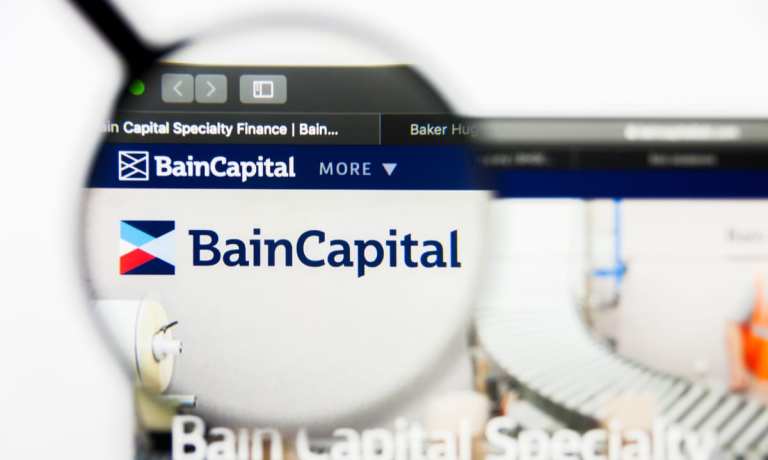Bain Capital Nets $800M For Business Impact Funding

Bain Capital has raised $800 million for a social impact fund — a category of investment vehicles whose stated objectives are to advance social or corporate governance policies in addition to turning profits, the Wall Street Journal reported.
The WSJ reported that Boston-based Bain raised the funds even though other global impact funds have struggled with fundraising this year, drawing just $14.6 billion through Nov. 20 compared with $76.2 billion through the same date in 2019. The Journal attributed the data to Preqin Ltd.
The Journal attributed the year-over-year decline to two factors: COVID-19-related restrictions and a new Department of Labor rule.
The rule in question was adopted in its final form on Oct. 20 and takes effect on Jan. 12, 2021. It states, in part: “Under the final rule, plan fiduciaries, when making decisions on investments and investment courses of action, must focus solely on the plan’s financial risks and returns and keep the interests of plan participants and beneficiaries in their plan benefits paramount… (a) fiduciary’s evaluation of plan investments must be focused solely on economic considerations that have a material effect on the risk and return of an investment based on appropriate investment horizons, consistent with the plan’s funding policy and investment policy objectives.”
The Journal reported that Bain’s second social impact fund is more than twice the size of the first and grew in part by drawing more money from international investors.
The first fund, called Bain Capital Double Impact Fund, was registered with the Securities and Exchange Commission in July 2016. The managing director was former Massachusetts Gov. Deval Patrick.
The new fund, called Bain Capital Double Impact Fund II, was registered with the SEC on Aug. 6, 2020, and lists its “total amount sold” at that point as $596 million.
Also this year, Bain Capital Ventures Partner Matt Harris told PYMNTS he sees big opportunity in B2B electronic payments.
“If you ask investors, I would say the recognition that the next big value creation opportunity in payments is B2B payments [has] happened,” Harris said in the October interview. “I think in terms of market recognition, 2020 was the breakout year — [and] in terms of commercial adoption, 2021 will be more like it.”
While COVID-19 has spurred the move to digital payments for companies, Bain Capital investors also see shifting cultural norms making more room for digital systems.
In Japan, Darren Abrahamson, managing director of Bain Capital Tech Opportunities, told PYMNTS younger customers are one of the forces leading to digitization in the country.